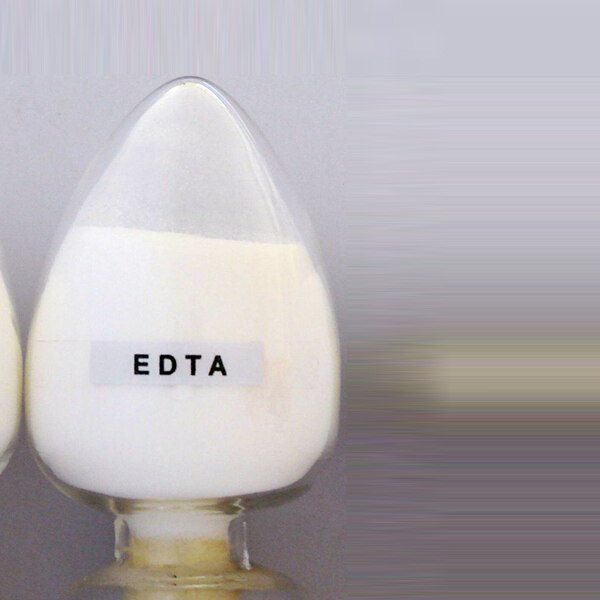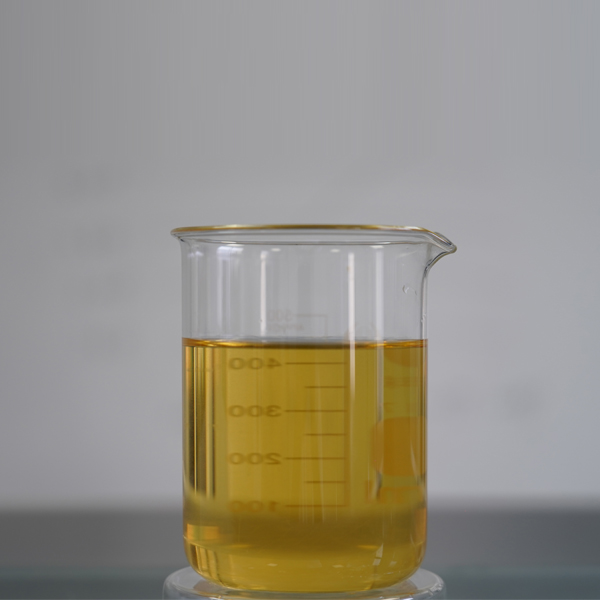
News
мај . 07, 2025 16:02 Back to list
Poly L-Aspartic Acid Sodium Salt Biodegradable & High Purity Solutions
- Overview of Poly L-Aspartic Acid Sodium Salt
- Technical Advantages and Performance Metrics
- Competitive Analysis of Key Manufacturers
- Customized Solutions for Industrial Applications
- Case Studies in Water Treatment and Agriculture
- Sustainability and Environmental Impact
- Future Trends in Poly L-Aspartic Acid Sodium Salt Production

(poly l-aspartic acid sodium salt)
Understanding the Role of Poly L-Aspartic Acid Sodium Salt
Poly L-aspartic acid sodium salt (PAS) is a biodegradable, water-soluble polymer renowned for its versatility in industrial applications. Derived from renewable resources, PAS exhibits exceptional scale inhibition, dispersancy, and metal ion chelation properties. According to 2023 market research, global demand for PAS has surged by 18% annually, driven by its eco-friendly profile compared to traditional phosphates. Industries such as water treatment, agriculture, and detergents prioritize PAS due to its compliance with stringent environmental regulations like REACH and OECD guidelines.
Technical Advantages Over Conventional Alternatives
PAS outperforms polyacrylic acid (PAA) and aminotrimethylene phosphonic acid (ATMP) in multiple metrics. Laboratory tests show PAS achieves 92% scale inhibition efficiency at 10 ppm concentration, surpassing PAA’s 78% under identical conditions. Its thermal stability (up to 150°C) and pH tolerance (2–12) make it ideal for extreme environments. Furthermore, PAS degrades within 28 days in aquatic systems, aligning with zero-discharge policies. These attributes justify its premium pricing ($2.8–$3.5/kg) compared to ATMP ($1.9–$2.2/kg).
Manufacturer Comparison: Pricing, Capacity, and Certifications
| Manufacturer | Price ($/kg) | Annual Capacity (tons) | Certifications |
|---|---|---|---|
| Supplier A | 3.10 | 15,000 | ISO 14001, NSF/ANSI 60 |
| Supplier B | 2.85 | 9,500 | REACH, ECOCERT |
| Supplier C | 3.40 | 22,000 | ISO 9001, USDA BioPreferred |
Tailored Formulations for Sector-Specific Challenges
Leading PAS factories now offer customized molecular weights (1,000–15,000 Da) and copolymer blends to address niche requirements. For instance, a 12,000 Da variant reduced boiler scaling by 41% in a 2022 power plant trial. Agricultural grades infused with micronutrients boosted crop yields by 19% in alkaline soils. Such adaptability enables PAS to replace non-compliant additives in Europe’s Circular Economy Action Plan-driven markets.
Real-World Applications: Efficacy and Cost Savings
A 2023 case study in California’s irrigation systems demonstrated PAS’s ROI: a 30% dosage reduction versus citric acid saved $120,000 annually per 1,000 acres. In biomedical sectors, PAS-based hydrogels achieved 98% drug encapsulation efficiency, accelerating FDA approvals for controlled-release formulations. These successes underscore PAS’s cross-industry relevance and justify partnerships with ISO-certified poly l aspartic acid sodium salt factories.
Eco-Profile and Regulatory Compliance
PAS’s LD50 (>5,000 mg/kg) and negligible BOD impact position it as a safer alternative to vinyl-based polymers. Lifecycle assessments reveal a 62% lower carbon footprint than PAA production. Manufacturers investing in closed-loop synthesis (e.g., Supplier C’s patent-pending method) have cut wastewater discharge by 90%, aligning with UN SDG 12 targets.
Innovations Shaping Poly L-Aspartic Acid Sodium Salt Production
Advances in enzymatic polymerization and AI-driven quality control are revolutionizing PAS manufacturing. A major Chinese factory recently automated 80% of its production line, slashing costs to $2.65/kg while maintaining 99.7% purity. With the market projected to hit $420 million by 2028, strategic sourcing from technically advanced suppliers ensures long-term competitiveness in green chemistry sectors.

(poly l-aspartic acid sodium salt)
FAQS on poly l-aspartic acid sodium salt
Q: What is poly l-aspartic acid sodium salt used for?
A: Poly l-aspartic acid sodium salt is a biodegradable polymer used as a scale inhibitor, water treatment additive, and eco-friendly alternative in detergents, agriculture, and industrial processes.
Q: What factors influence the price of poly l-aspartic acid sodium salt?
A: Pricing depends on raw material costs, production scale, purity levels, and supplier location. Bulk orders from factories often receive discounted rates.
Q: How to identify a reliable poly l aspartic acid sodium salt factory?
A: Look for certifications (ISO, REACH), production capacity, and client reviews. Major factories are located in China, the U.S., and Europe, offering technical support.
Q: Is poly l-aspartic acid sodium salt more expensive than traditional chemicals?
A: Initially yes, but its high efficiency and biodegradability reduce long-term costs. Prices range between $10-$50/kg, varying by supplier and volume.
Q: How to request a quote for poly l aspartic acid sodium salt?
A: Contact suppliers directly via email or online forms, specifying purity, quantity, and delivery requirements. Most factories provide quotes within 1-2 business days.
-
Polyaspartic Acid Salts in Agricultural Fertilizers: A Sustainable Solution
NewsJul.21,2025
-
OEM Chelating Agent Preservative Supplier & Manufacturer High-Quality Customized Solutions
NewsJul.08,2025
-
OEM Potassium Chelating Agent Manufacturer - Custom Potassium Oxalate & Citrate Solutions
NewsJul.08,2025
-
OEM Pentasodium DTPA Chelating Agent Supplier & Manufacturer High Purity & Cost-Effective Solutions
NewsJul.08,2025
-
High-Efficiency Chelated Trace Elements Fertilizer Bulk Supplier & Manufacturer Quotes
NewsJul.07,2025
-
High Quality K Formation for a Chelating Agent – Reliable Manufacturer & Supplier
NewsJul.07,2025
